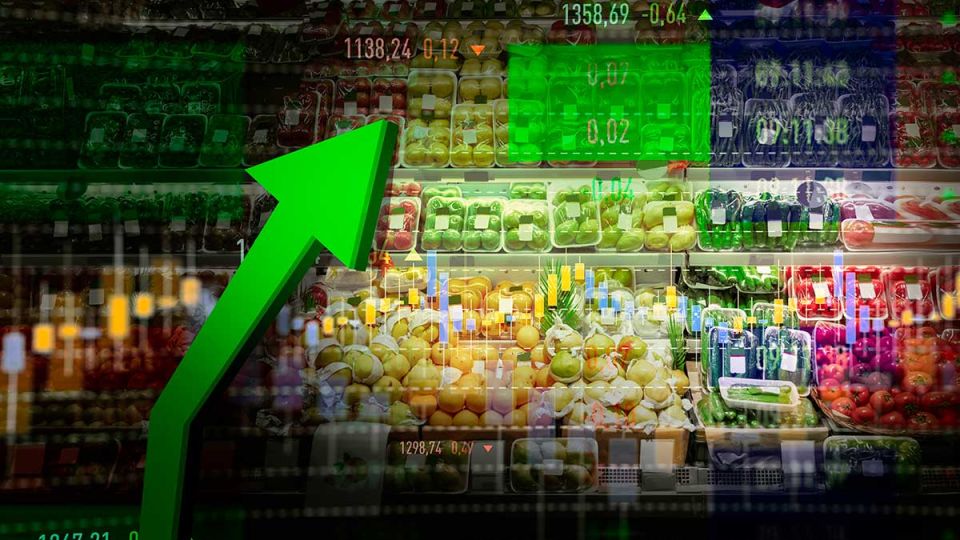May 10, 2022
NEW DELHI – Among the several factors that are causing the current hike in prices, the Ukraine war stands at the top of the list. It has not only led to increased food prices across the globe but also created spillover effects in the form of ever-increasing prices of essential goods and services. These skyrocketing costs have eroded the purchasing power of the Nepali rupee and led to increased cost of living with consumer price inflation reaching a whopping 7.14 per cent.
While on the one side prices of day-to-day essentials such as vegetable oil and food items are shooting up, we also witness on the other side an utter lack of market discipline and total failure in monitoring, resulting in further price hikes.
After the government placed restrictions on the import of luxury items and disallowed opening letters of credit (LC), marketers have been creating a false image of shortages in the marketplace. They have started hoarding stocks, and there has been a huge spike in the prices of essential items.
The advent of the information age, technology and social media has made consumers more aware of
the quality of goods and allowed them to compare brands with ease. This heightened sensitisation of the buyers about marketplace dynamics has encouraged them to go for consumption of high-end branded products. Consumers who have become habituated to buying such luxury brands will continue to look for them despite a fall in their income levels in real terms.
This is explained by the Deaton Paradox which suggests that sharp and small shocks to income do not seem to cause large shocks to consumption. This is an important revelation about how consumers may not always be- have rationally. This has contradicted the Permanent Income Hypothesis by Milton Friedman, which suggests that people spend their incomes based on their lifetime income.
Consumers of today, who are aware of brands, quality and value for money, do not want to limit their choices. From the perspective of the rights of consumers, it is important that they are given every opportunity to choose from the list of alternative brands, both foreign and local, and make their buying decisions based on value for money. In any case, import restrictions have not been found to be effective in earlier situations of the economic blockade as well.
In an economy like ours where we share a 1,900-km porous border with India, any kind of import restrictions will result in black-marketing, smuggling and sale of counterfeit products. There is every possibility that such luxury items will be imported through informal channels and gain entry into the country. This will enlarge the nation’s informal economy which is already gigantic in nature, accounting for almost 70 per cent of the entire economy as a few economists believe.
We may not be able to compete in terms of quality, price and economies of scale with our neighbouring economies, namely India and China. Hence, import substitution through domestically made products may prove to be a Herculean task, at least in the short term. Government efforts should instead be concentrated on employing long-term strategies to substitute imports through alternative means. For now, Nepal should work on identifying goods that have a cost edge and a competitive advantage for the purpose of exporting them.


